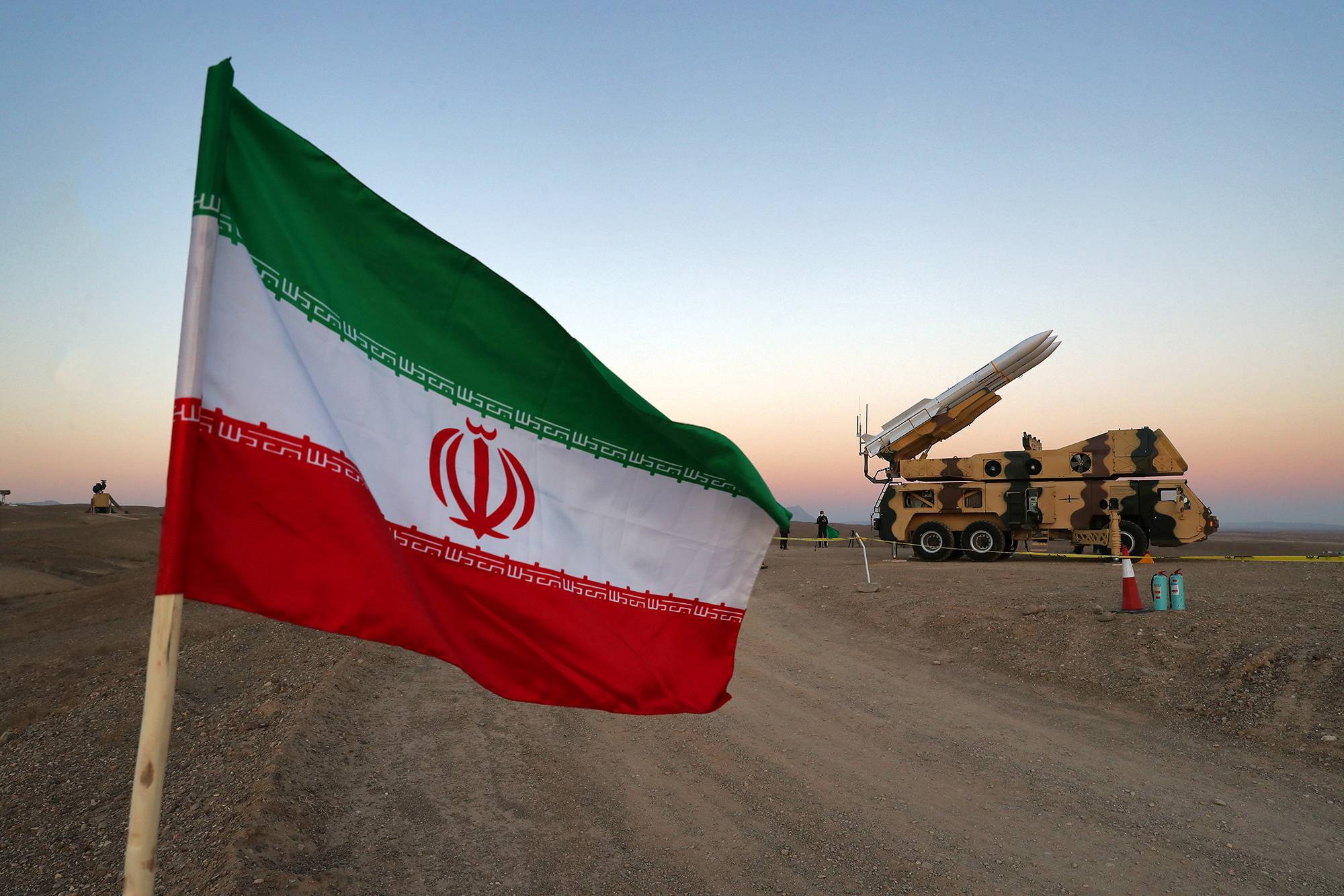Iran secured a significant diplomatic victory earlier this month when the United Nations arms embargo, imposed in 2007 over concerns about Tehran’s nuclear program, expired. Efforts by the Trump administration to extend it in the Security Council ended in an embarrassing American failure, as did the effort to invoke the grievance mechanism within the 2015 nuclear deal.
The Islamic Republic’s beleaguered President Hassan Rouhani cited the expiration of the embargo as a major accomplishment of the nuclear agreement. At least in theory, Iran is now back in the market to buy and sell conventional weapons. Russia and China are eager to supply it with advanced jets, tanks and missiles.
This is alarming for its Gulf Arab neighbors, and especially for its primary adversaries, Saudi Arabia and the United Arab Emirates. They will be tempted to enter an arms race with Iran, using their deeper pockets — and easy access to American weapons systems — to maintain their substantial technological edge over Tehran. It has been suggested that the UAE’s eagerness to acquire F-35 jets, for instance, anticipates the Iranian purchase of new planes to update its air force.



















With your current subscription plan you can comment on stories. However, before writing your first comment, please create a display name in the Profile section of your subscriber account page.